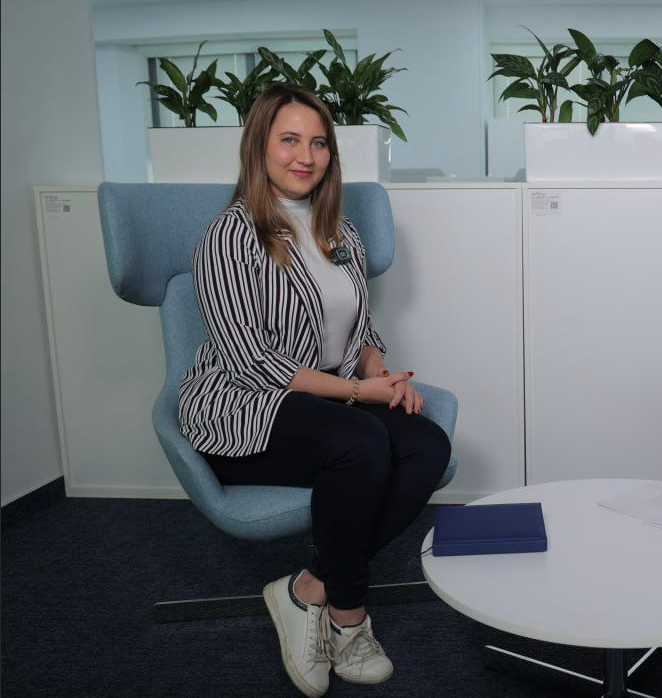Uzbekistan outlines plans for New Jizzakh development
16:00 / 26.02.2026
Humans CEO Dobrynin avoids responsibility, raises questions about Uzbekistan’s laws
15:00 / 26.02.2026
India to launch first four-year bachelor’s degree in Uzbek language
14:03 / 26.02.2026
Uzbekistan’s grain harvest rises 13% to over 10mn tons
13:00 / 26.02.2026
Uzbekistan plans Tashkent green expansion as population set to double by 2045
12:00 / 26.02.2026
Recommendations
Menu
Good news:
Tags
Grow your business with us
Advertise on Daryo.uzIndividual approach and exclusive materials
Ad-free site readingSubscribe
25 000 sum per month






Comments
To leave a comment, first